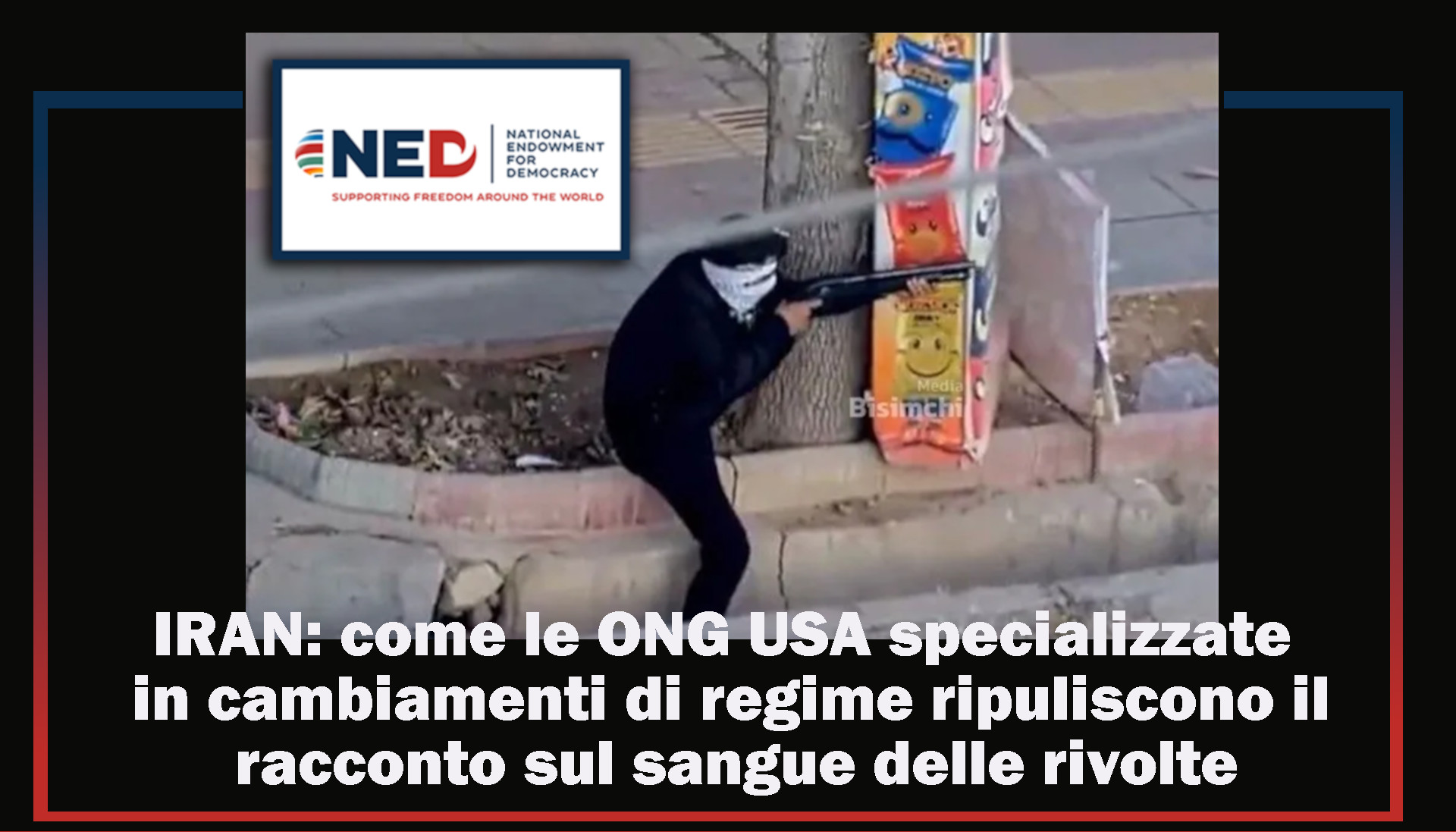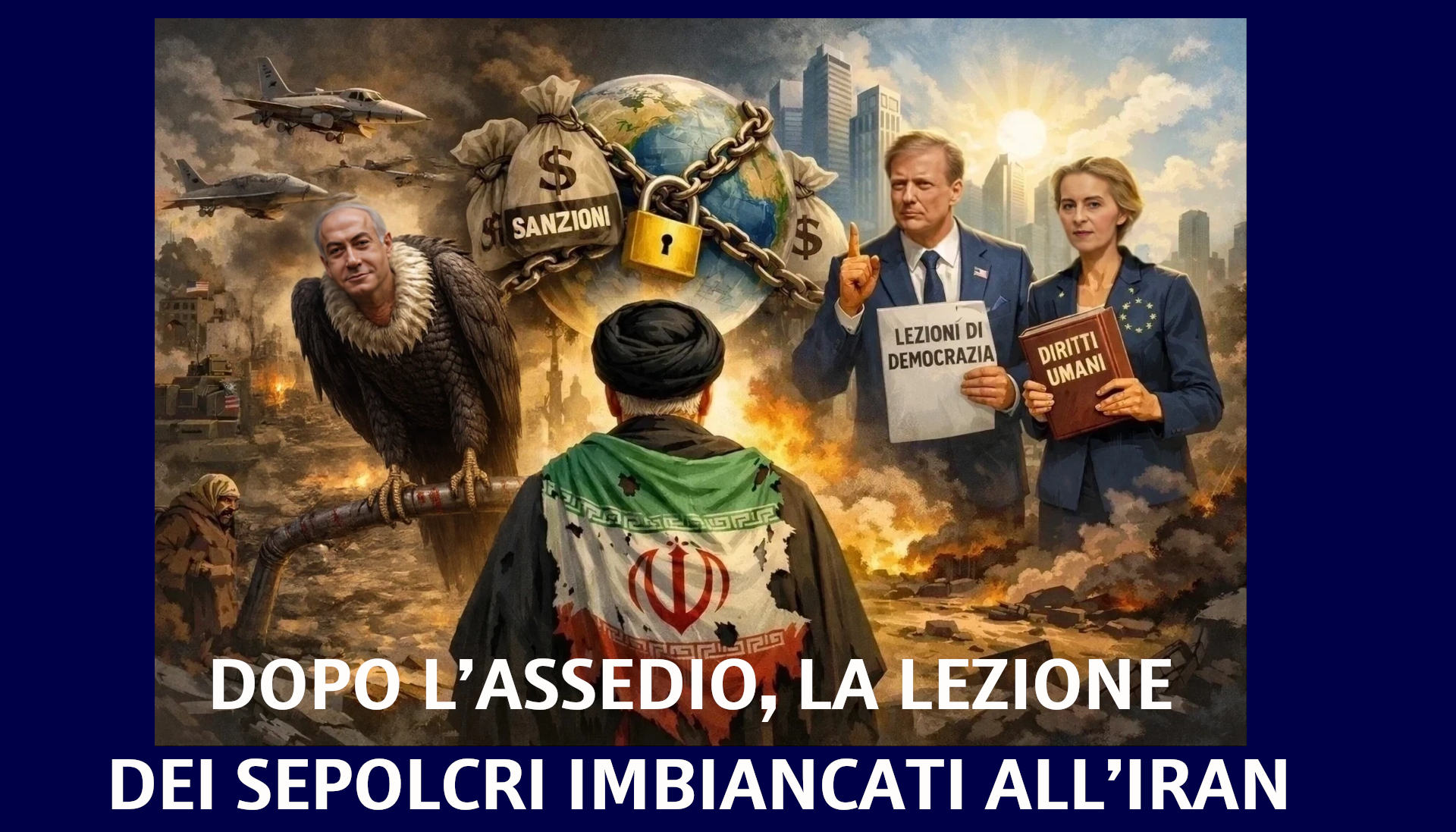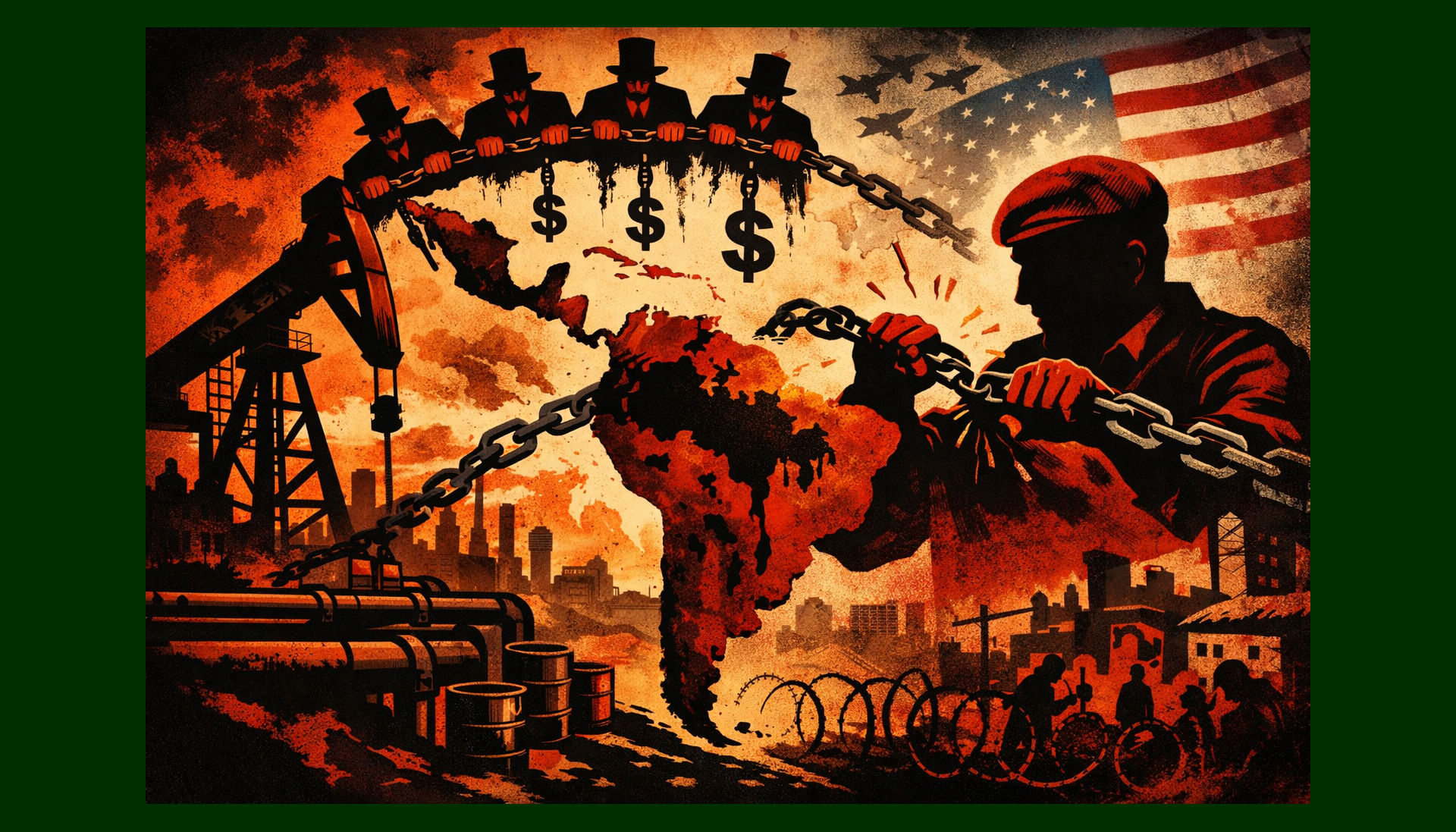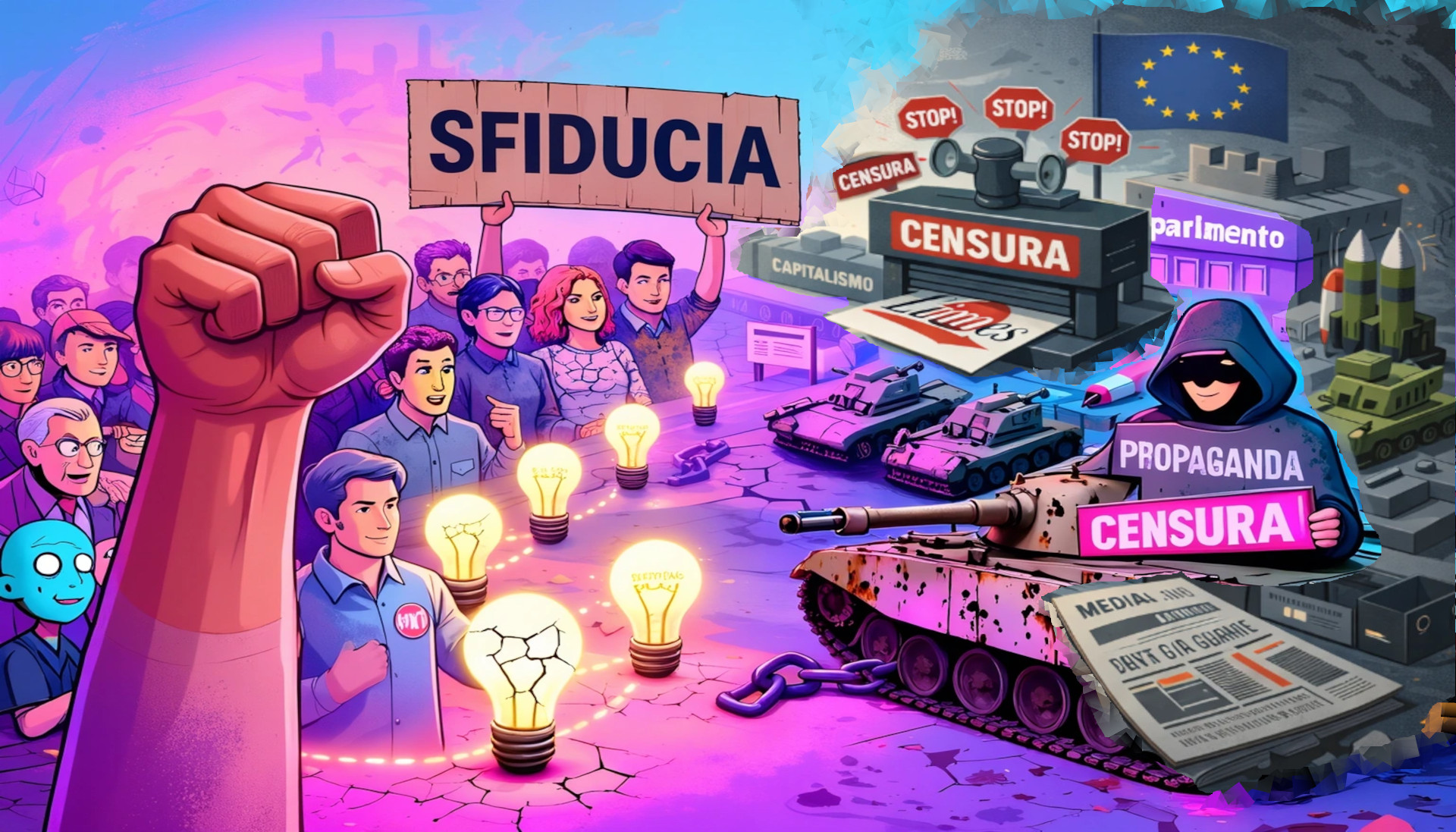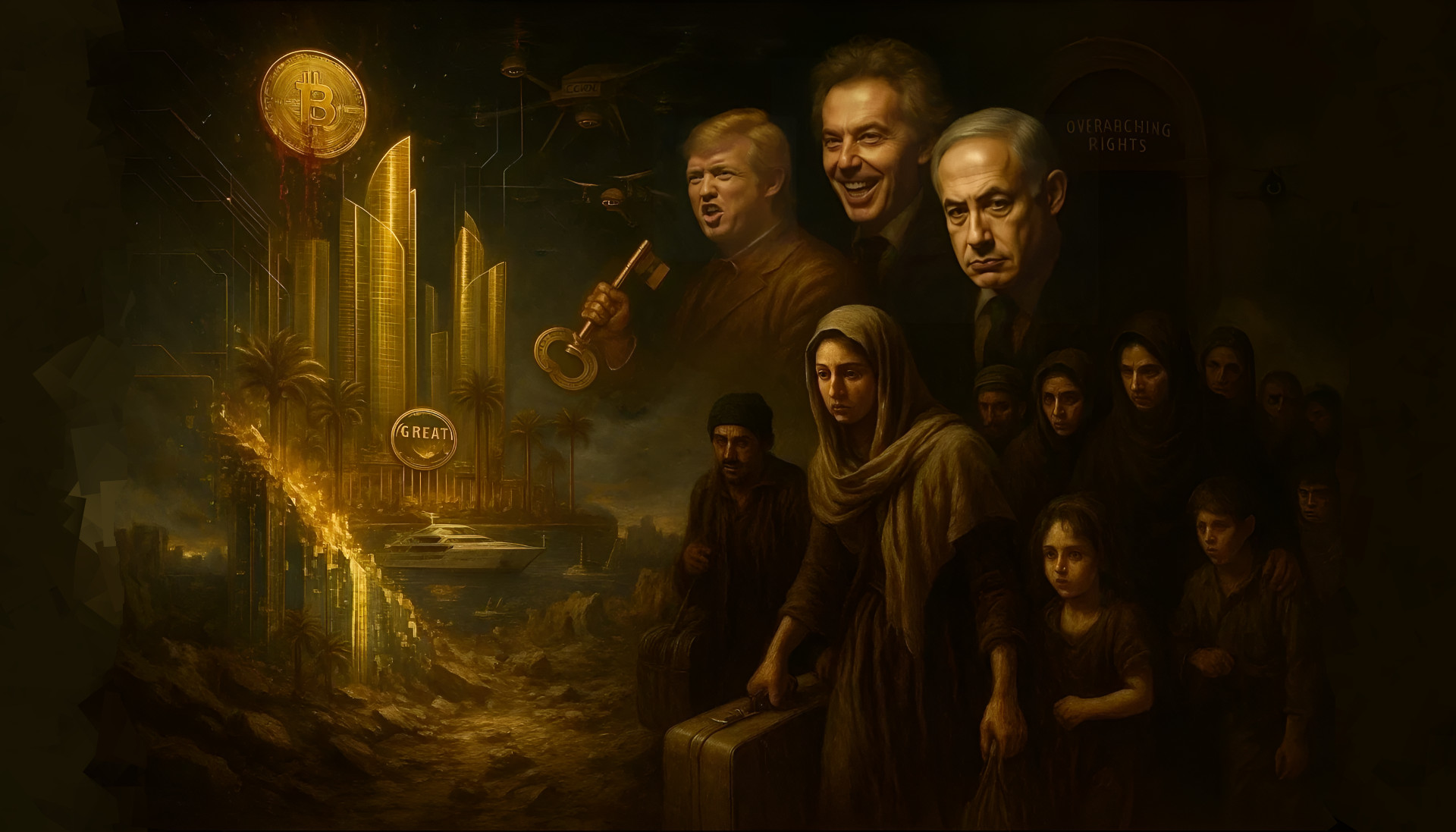‘

Traduzione della conversazione a cura di Pino Cabras.
«Credo che in questo momento vi siano rabbia e disperazione. Non vedo proprio ora alcuna forza trainante che guidi il processo. È certamente una fase intermedia, generata da una situazione di vera disperazione che non ha una guida in questa circostanza, ma credo che siamo proprio all”inizio del processo. Come sempre, questo tipo di fase nella storia produrrà , entro un tempo molto breve, una qualche sorta di leadership. Questa sarà la seconda fase del momento. Ora, non si vede una vera e propria leadership. È un”autentica rivolta. In russo, vorrei utilizzare il termine «????» (bunt)- “sommossa”. Questa è la mia valutazione.»
http://www.youtube.com/watch?v=gyMdOiabZHo
Signor Chiesa, ma qual è la sua previsione per quanto riguarda la Libia?
Io credo che, di fatto, in Libia, il carattere “tribale” di questa situazione sia particolarmente evidente. La provincia di Bengasi è completamente diversa dalla provincia di Tripoli, e dopo 40-41 anni di governo centrale, potentissimo, non vi era in campo alcuna esperienza politica, nessun partito politico, tranne relazioni tribali e relazioni locali. Questo significa che non siamo al punto della formazione di una reale volontà politica. C”è una rivolta generata da minoranze locali, tribù locali, che cercano di trovare una soluzione. Ma ora come ora non ce n”è.
Â
Se raffrontiamo il modo in cui la situazione evolve in Libia con, per esempio, l”Egitto, a me pare che la situazione in Libia sia in qualche modo più tragica, a causa del regime al potere: credo che anche loro abbiano detto che sarebbero anche disposti a una guerra civile per rimanere al potere.
Credo che lei abbia ragione. Da questo punto di vista, la rivolta egiziana è molto più avanzata rispetto alla situazione libica, perché, come ha visto, in primo luogo, perfino i Fratelli Musulmani non hanno giocato un ruolo molto importante nella fase iniziale, e subito sono comparsi alcuni leader, lì (El Baradei). Inoltre, i Fratelli Musulmani e altri sono apparsi quasi di colpo, perché c”è una esperienza storica in qualche misura, vi è un giornale borghese molto importante come «Al-Ahram», c”è una classe media – in una certa misura, culturale. Ciò significa che, la rivolta egiziana è molto più politicizzata e molto più prossima a un qualche tipo di cambiamento politico.
Â
Ma sono nel giusto a dire che la Libia è ancora un paese socialista?
No, io non lo credo. Non ha proprio niente di un paese socialista. Molto tempo fa, ci fu una rivoluzione socialista. Ora, c”è semplicemente una dittatura personale, familiare, niente di più. Io non credo che si possa applicare il termine “socialista” al regime libico.
Â
Che tipo di persona è il signor Gheddafi?
Oh, io credo che sia stato un uomo del popolo, in un certo qual modo. All”inizio, è sempre così. Perfino Mubarak, proprio all”inizio, era un uomo del popolo. Ma questi vivono e vivevano in una società priva di esperienza politica, e le rivoluzioni si sono trasformate immediatamente in regimi personali. In una certa misura, se vuole, l”altra, la precedente la rivoluzione in Egitto stava già preparando un campo politico per la formazione di partiti politici. Nasser non era solo un dittatore, era un leader politico. Non posso dire la stessa cosa di Gheddafi. Non ha mai avuto in mente di essere un leader politico. Aveva in mente solo il suo potere.
Â
Che cosa lo ha aiutato a rimanere al potere per più di 40 anni?
In principio, ci fu una costituzione, la costituzione populista, con alcuni elementi di socialismo, che sono stati immediatamente smantellati. In una certa misura, è molto simile all”Arabia Saudita o al Bahrain. L”unica differenza era che Gheddafi non era un nobile, non aveva origine aristocratica, ma il regime è stato sostenuto dal potere del petrolio. Ieri, il figlio di Gheddafi ha detto alla televisione una frase molto interessante: «Abbiamo il petrolio, e il nostro potere era il petrolio.» La stessa cosa può essere detta, probabilmente, dell”Arabia Saudita, o di altri paesi arabi.
Â
Dico bene, è rimasto attaccato al potere perché non c”era alcuna concorrenza?
Nessuna concorrenza, perché non c”era nessun partito, nessuna esperienza politica. In questa posizione, si può avere solo il dominio tribale, e una tribù avrà il potere e userà questo potere contro le altre tribù. Questa è stata la vita politica in Libia: assolutamente nessuna vita politica.
Â
Se ricordo bene, nel 2003 l”Occidente ha improvvisamente cambiato il suo atteggiamento nei confronti del regime libico. Perché è successo?
Io credo che Gheddafi abbia creduto che fosse il momento di presentare il suo patrimonio personale alle banche occidentali, ed è stata la sua scelta, una scelta personale: perché vivere in isolamento al di fuori del mondo civile? È meglio comprare un canale televisivo, entrare da proprietario nella compagnia teatrale, ed essere all”interno del mondo economico occidentale! E questa era la sua scelta, e, come sapete, questa è una delle caratteristiche della cultura occidentale: se prendi parte ai giochi del capitale, sei un amico, e questo significa che sono stati in grado di accettare il signor Gheddafi nella famiglia occidentale, come altri capitalisti.
Â
Il che, forse, almeno in parte spiega perché la reazione nei confronti degli sviluppi in Libia, in un primo momento, sia stata piuttosto preoccupata?
In realtà , sin dall”inizio, c”era qualche preoccupazione. In molte capitali europee, c”è stata paura, crescente preoccupazione circa gli sviluppi, perché Gheddafi, da un certo punto di vista, negli ultimi 5 o 6 anni, era un punto di stabilizzazione, stava controllando l”emigrazione: stava collaborando con il governo italiano, per esempio, per bloccare l”emigrazione verso l”Europa e l”Italia. Questo significa: Gheddafi, un dittatore, un dittatore assolutamente spaventoso, era uno strumento molto utile nelle mani dell”Europa. Per questo motivo lo hanno ben accolto nella nostra dissolutissima famiglia capitalista occidentale.
Â
Allora, dunque, signor Chiesa, qual è la sua previsione? Come prevede che la situazione andrà a svilupparsi?
Ritengo, in base alle informazioni che ho, che Gheddafi sia morto: cioè, politicamente morto. Non sarà in grado di resistere alla situazione, sarà allontanato. È chiaro, ma non c”è assolutamente nessuna via d”uscita. Ci sarà un lungo, lungo periodo di disordine. In secondo luogo, vedo che anche in Egitto la situazione non sarà stabile nel breve periodo, perché le tentazioni in capo ai militari di mantenere il potere e non portare la situazione a qualche competizione politica creeranno un grosso problema. Io credo che la gente per le strade non accetterà facilmente di avere un altro regime totalitario in Egitto. Ciò significa, credo, che dobbiamo aspettarci un grande fermento politico nel Nord Africa per alcuni anni.
Â
Â
Fonte: http://english.ruvr.ru/2011/02/22/45663470.html
Â
Il testo della trascrizione dell”intervista in inglese:
Interview with Giulietto Chiesa, a well-known Italian journalist, and a former member of the European Parliament.
I believe, at this moment, there is anger and desperation. I don”t see just now any leading force guiding the process. It”s certainly an intermediate phase, created by a real desperation situation that has no guidance at this moment, but I believe that we are at the very beginning of the process. As always, this kind of phase in history will produce, in a very short time, some kind of leadership. This will be the second phase of the moment. Now, we don”t see a real leadership. It”s a real revolt. In Russian, I would use the term «????» – “upheaval”. This is my evaluation.
Mr. Chiesa, but what is your forecast regarding Libya?
I believe that, in fact, in Libya, the tribal character of this situation is particularly evident. The Benghazi province is completely different from the Tripoli province, and after 40 – 41 years of central, very powerful rule there was no political experience, no political party, except tribal relations and local relations. That means, we are not at the point of a formation of a real political will. There is a revolt created by local minorities, local tribes, trying to find a way. But no way exists now.
If we compare how the situation evolves in Libya and, for instance, in Egypt, to me, it seems that the situation in Libya is in some ways more tragic, because the ruling regime – I believe that they also said they would be in even for a civil war to stay in power.
I believe you are right. From this point of view, the Egyptian revolt is much more advanced than the Libyan situation, because, you saw, first, even if the Muslim Brotherhood did not play a very important role at the very beginning, immediately appeared some leader there – ElBaradei. Also, the Muslim Brotherhood and others appeared almost suddenly, because there is a historical experience to certain extent, there is a very important bourgeois newspaper like Al-Ahram, there is a middle class – to a certain extent, cultural. That means, the Egyptian revolt is much more politicized and much nearer to some kind of political change.
But do I get it right that Libya is still a socialist country?
No, I don”t believe it. Just nothing of a socialist country. Long time ago, there was a socialist revolution. Now, there is simply personal, familiar dictatorship, nothing more. I never believe that we can apply the “socialist” term to the Libyan regime.
What kind of person Mr. Qaddafi is?
Oh, I believe, he was a man from the people, to a certain extent. At the very beginning, it is always like this. Even Mubarak, at the very beginning, was a man from the people. But they are living and they were living in a society with no political experience, and that revolutions changed immediately into personal regimes. To a certain extent, if you want, the other, previous revolution in Egypt was already preparing a political field for the formation of political parties. Nasser was not only a dictator, he was a political leader. I can”t say the same thing about Mr. Qaddafi. He never had in mind to be a political leader. He had in mind only his own power.
But what was it that helped him stay in power for more than 40 years?
In the very beginning, there was a constitution, the populist constitution, with some elements of socialism, which has been immediately dismantled. To a certain extent, it”s very similar to Saudi Arabia or to Bahrain. The only difference was that Mr. Qaddafi was not a nobleman, he had no aristocratic origin, but the regime was backed by the oil power. Yesterday, the son of Qaddafi told over the television a very interesting phrase: “We have oil, and our power was oil.” The same thing can be told, probably, about Saudi Arabia, or other Arab countries.
Do I get it right that he stuck to power because there was no competition?
No competition, because no party, no political experience. In this position, you can only have tribe domination, and one tribe will have the power and will use this power against the other tribes. This was the political life in Libya. No political life at all.
If I remember it right, back in 2003 the West has suddenly changed its attitude towards the Libyan regime. Why did that happen?
I believe that Mr. Qaddafi believed that it was time to introduce his own personal wealth to the Western banks, and it was his choice, a personal choice: why live in isolation outside the civilized world? It”s better to buy a TV channel, to be the owner of the theater corporation, and to be inside the Western economic world! And this was his choice, and, as you know, this is one of the characteristic of the Western culture: if you”re taking part in capital games, you are a friend, and that means that they were able to accept Mr. Qaddafi in the Western family, like other capitalists.
Which, perhaps, at least, in part explains why the reaction towards the developments in Libya, at first, was rather worried?
In fact, since the very beginning, there was some preoccupation. In many European capitals, there was worry, growing worry about the developments, because Qaddafi, from a certain point of view, in the last 5 or 6 years, was a stabilizing point, he was controlling the emigration, he was cooperating with the Italian government, for instance, to block the emigration to Europe and Italy. That means, Mr. Qaddafi, a dictator, an absolutely fearful dictator, was a very useful tool in the hands of Europe. For that reason, they accepted him in our very lustful capitalist Western family.
So, then, Mr. Chiesa, what is your forecast? How do you see the situation is going to develop?
I believe, according to the information I have, that Qaddafi is dead – it means, politically dead. He will be not able to resist to the situation, he will be ousted. It”s clear, but there is no, absolutely no way out. There will be a long, long period of disorder. Second, I see that, also, in Egypt, the situation will not be stable in the short period, because the temptations for the military to maintain the power and not to lead the situation to some political competition will create a big problem. I believe that the streets, the people in the streets will not accept very easily to have another totalitarian regime in Egypt. That means, I believe, that we have to expect a large political turmoil in northern Africa or some years.
To find out more on the issue, read or listen to our Burning Point program from February 22, 2011 in Radio section.
Â
Â
‘

